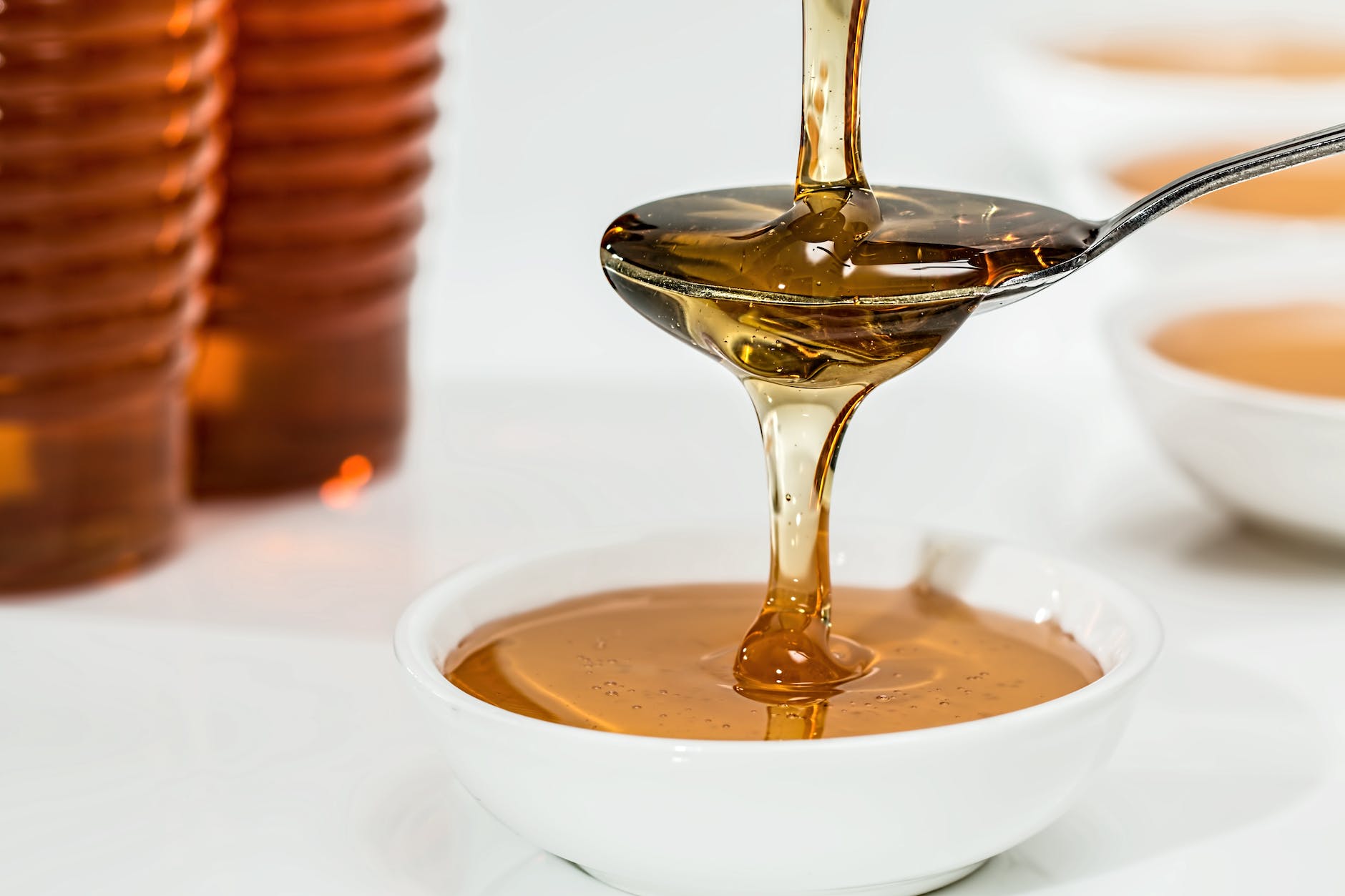
Hello, wellness explorers! 👋
When you think of honey 🍯💆♀️, you might imagine it drizzled over a warm bowl of oatmeal or a slice of toast. But did you know this sweet nectar can be a game-changer for your skincare routine? Ayurveda has long recognized honey as a natural skincare superstar, and science backs it up! Let’s dive into the world of honey and its fantastic benefits for your skin:
- Natural Humectant 💦:
Honey is a natural humectant, which means it absorbs moisture from the air and locks it into your skin. This feature makes honey a fantastic ingredient for moisturizing dry skin. It can help keep your skin hydrated, soft, and glowing. Apply a thin layer of raw honey on your face, let it sit for a few minutes, then rinse off for a quick and effective moisture boost.
- Antibacterial Powerhouse 🦠:
Honey, especially Manuka honey, is known for its powerful antibacterial properties. This makes it an excellent natural remedy for acne. It can help cleanse your skin, reduce the severity of breakouts, and prevent new ones. Try applying a dab of honey directly to a pimple and leave it on overnight. Rinse off in the morning, and you might find your breakout has calmed down.
- Soothing and Healing 🩹:
Got a minor cut, scrape, or burn? Honey to the rescue! Honey’s soothing and healing properties can help your skin recover. Its antioxidant content can promote repair and fight off free radicals that cause skin damage. Honey also helps create an optimal healing environment for minor wounds by maintaining moisture and providing a protective barrier.
- Anti-Aging Effects 🕰️:
Say goodbye to fine lines and wrinkles with a little help from honey. Its antioxidant properties help delay the skin aging process by fighting off free radicals that cause aging. A regular honey mask can help improve skin elasticity, stimulate collagen production, and give you a youthful glow.
- Gentle Exfoliation 🧽:
Honey acts as a gentle exfoliator, helping to remove dead skin cells without the harshness of some commercial scrubs. For a simple DIY exfoliator, mix a small amount of honey with a little baking soda. Gently rub the mixture on your face in a circular motion, then rinse off. Your skin will feel soft, smooth, and refreshed.
Remember, always perform a patch test when trying a new skincare ingredient. While honey is generally safe for all skin types, it’s best to ensure it suits your skin before applying it to your face.
Ready to sweeten up your skincare routine with honey? Stay tuned for our next post where we’ll share some exciting DIY honey masks you can make at home for a luxurious skincare experience. 💆♀️🏠
Stay sweet, stay glowing! ✨









